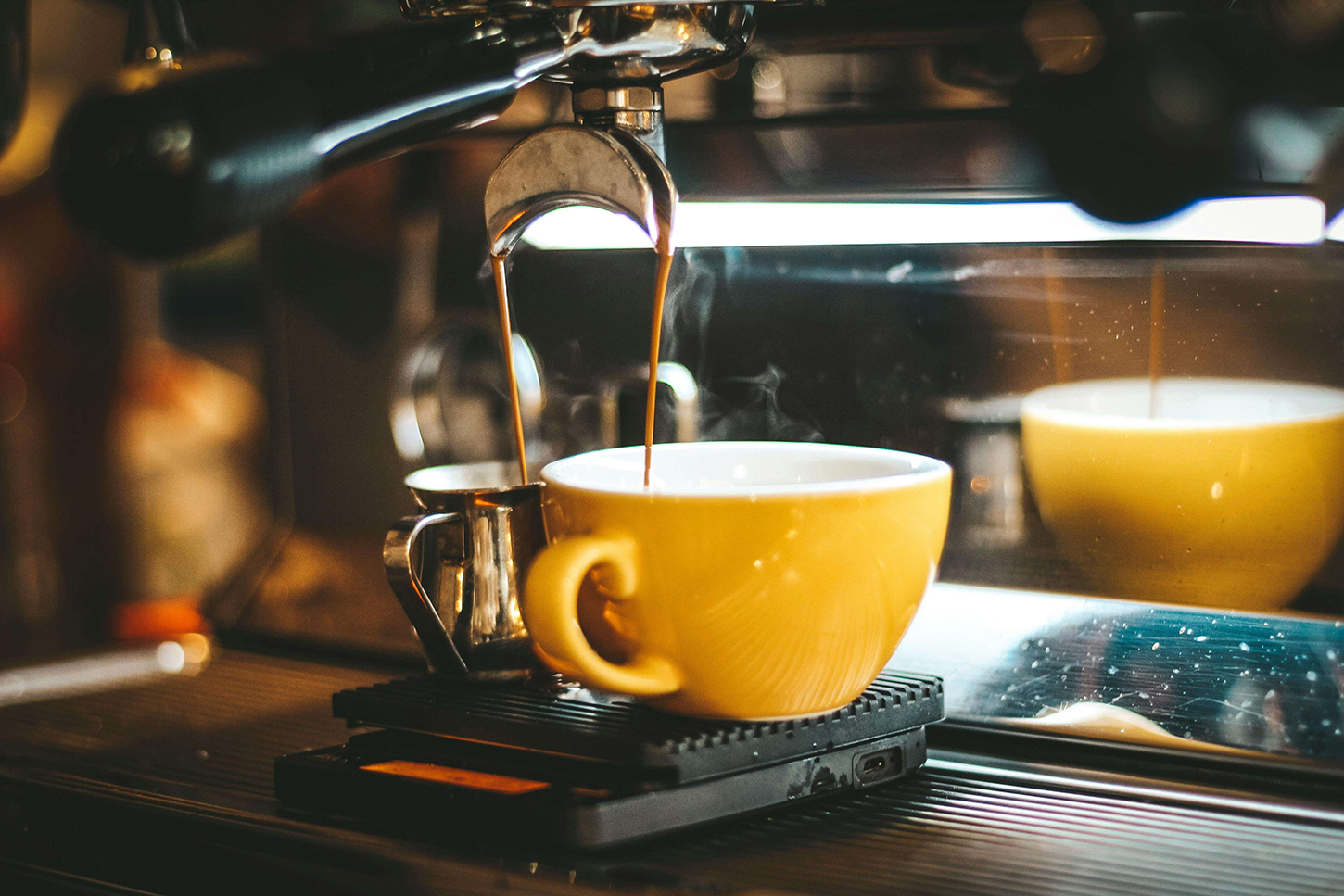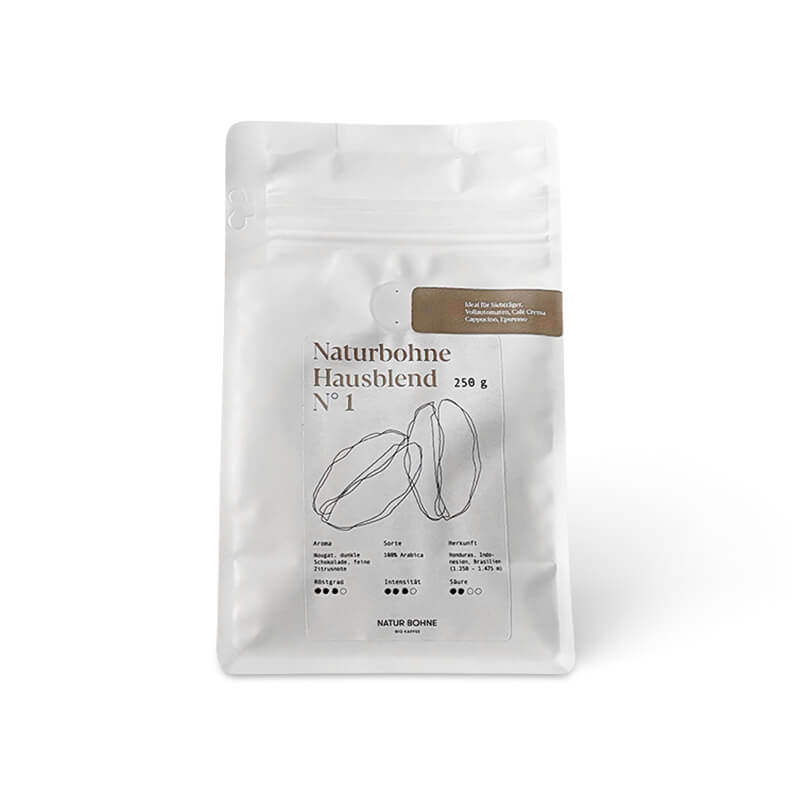Caffeine: The cheerful companion in your everyday life – everything you need to know!

What is caffeine?
Caffeine is a psychoactive alkaloid that accompanies millions of people around the world every day. It blocks the adenosine receptors in the brain, thus ensuring alertness and energy. With the chemical formula C8H10N4O2, it quickly penetrates the blood-brain barrier and exerts its effects. Did you know that caffeine belongs to the purine family, which is also found in our DNA?
Occurrence of Caffeine – More than just Coffee
Coffee is the best-known source, but tea, chocolate and energy drinks also contain caffeine. Here are some examples:
-
Cup of coffee (240 ml): approx. 95 mg caffeine
-
Black tea (240 ml): approx. 40-70 mg
-
Dark chocolate (100 g): approx. 43 mg
-
Energy drink (250 ml): approx. 80 mg
How does the preparation affect the caffeine content?
-
Filter coffee (240 ml): 80-200 mg
-
Espresso (30 ml): approx. 63 mg
-
French Press (240ml): 100-150mg
The type of bean also plays a role: Robusta has about twice as much caffeine as Arabica.
Effects of caffeine on the body
Positive effects:
✔ Increased alertness & concentration
✔ Improved athletic performance
✔ Possible protection against Alzheimer's and Parkinson's
✔ Supports fat burning
Negative effects:
❌ Sleep disorders and nervousness
❌ Heart palpitations in sensitive people
❌ Risk of caffeine addiction
Recommended daily dose
Laut Experten sind 3 bis 4 Tassen Kaffee pro Tag (ca. 300-400 mg Koffein) sicher und bieten gesundheitliche Vorteile. Höre dabei auf Deinen Körper, denn individuelle Unterschiede sind normal.




Organic coffee and fully automatic machines: Sustainable enjoyment with full aroma
Coffee quality in a nutshell: The secret behind the SCA score and our high standards